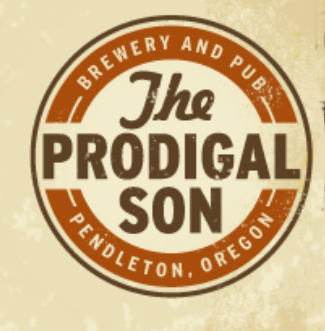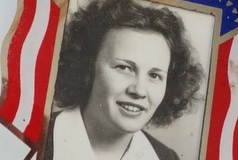
Prayer, Anywhere
I was an outsider in my third grade classroom at Soquel Elementary School in 1963. It was not quite two years after the death of my father, and my mother simply couldn’t live anymore in the house he built us in Watsonville, 14 miles away.…

The Prodigal Child
As a child, I loved to watch magicians perform. I was convinced that if I just looked at the right place at the very right second, I could see beneath their illusions. I could discover how that coin appeared or how those two seemingly joined…

Greater Love Hath No Woman
When Mary Karr published her darkly funny memoir, Liars' Club, about her hard-drinking gun shooting parents, she was terrified about going out on book tour. People will think I'm a freak, she thought. But in reading after reading, people came…
